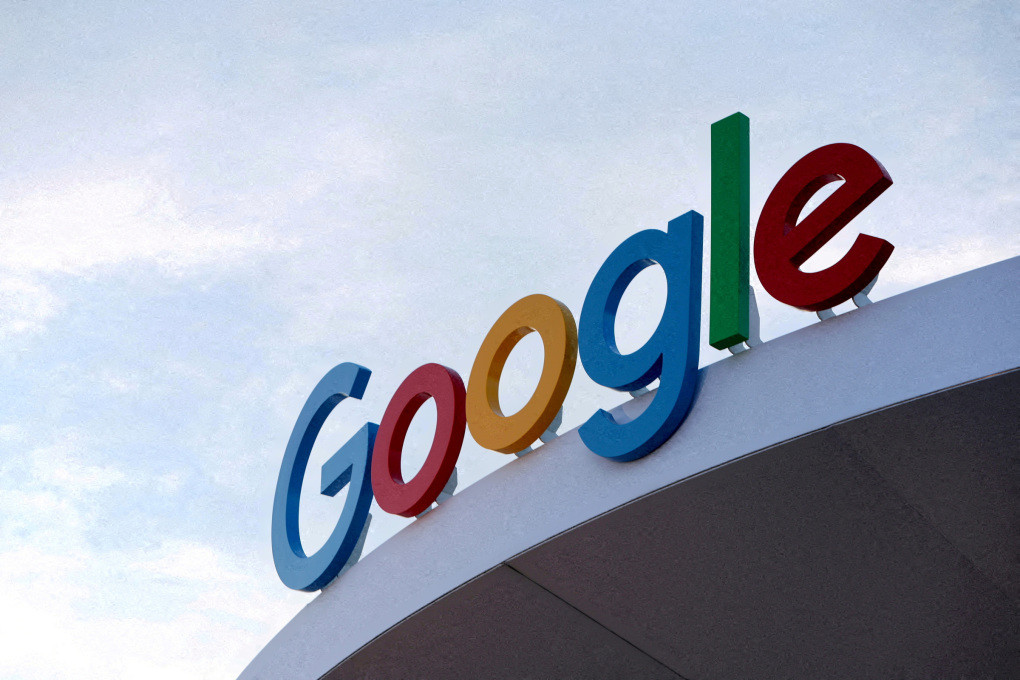
Google may have to "open up" its search engine
Some experts think the ruling will make Alphabet release a better and more open search engine. It might not have ads or could be made for kids, news lovers, or fans of certain topics. Of course, it might not be free anymore.
To do this, Google would need to let other companies use its search technology or data. This would help create "special search tools like Google but not made by Google."
Matt Stoller, who often criticizes Big Tech power, told the Washington Post: "You could imagine a company taking Google's secret recipe, then changing it to make a more kid-friendly tool. Another company might focus on protecting your privacy, and another might show results with more pictures. We'll see new ideas for humanity."
Apple might make its own search engine
Apple usually makes its own products instead of using other companies', but Google is different. Google's search has been on iPhones for over 10 years.
Google pays Apple billions of dollars each year, maybe $20 billion in 2022, to be the default search on iPhones and iPads. This deal helps both: Google gets to use Apple's huge user base, and Apple gets a lot of money every year.
Megan Gray, an expert on monopolies, thinks the new ruling will change or even end Google's deal with Apple and other companies that use Google search.
"The most likely scenario is users will need to choose a search service before using an iPhone or iPad," Gray says. "But in the end, Apple will make its own tool, like how they started with Apple Maps to replace Google Maps."
Google ad prices might go down
Experts say that if other search tools become popular, there will be more competition. Services will try to lower prices to get more users.
However, businesses are more likely to benefit. Users might see more types of ads on search pages in the future.
"Baby Googles"
One of the judge's concerns was that Google controls too many areas. So, Alphabet might have to split into smaller companies, or "Baby Googles."
In this case, Chrome browser, Google Search, Android, and other parts might become separate companies. Stoller says big companies like Standard Oil and AT&T were split up before, so "Baby Googles" could happen too.
Google might not be allowed to know too much about users
Jason Kint, who leads an online news group, wrote that even if Google doesn't split up, the court might stop Alphabet from combining user data from all its services. This would be like "divorcing" Google's products without making smaller businesses.
Right now, Google data is connected across all its platforms. Kint thinks in the future, what users do on Android phones or Chrome browsers won't go into one big Google storage. With less information, users' privacy would be better protected.
"Google losing the monopoly case in search could be a big deal, depending on what happens next," says Evelyn Mitchell-Wolf, a senior analyst at Emarketer.
CREDIT: vnexpress.net
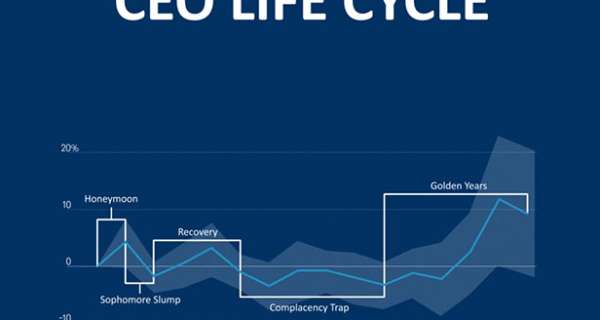
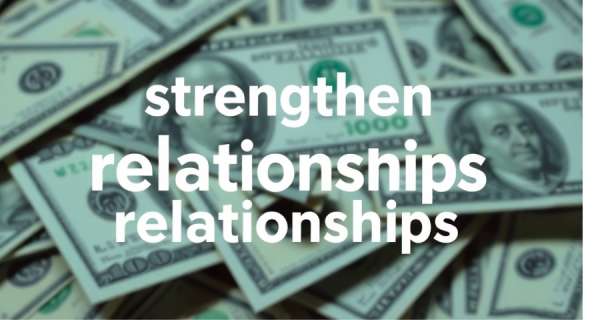



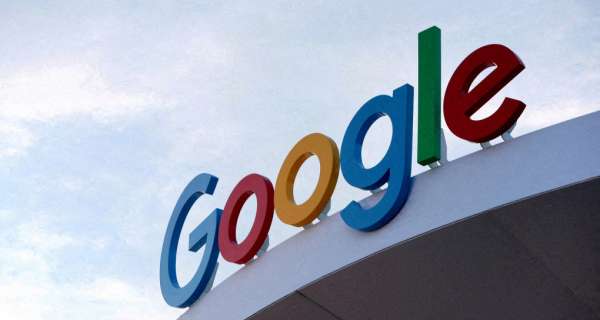



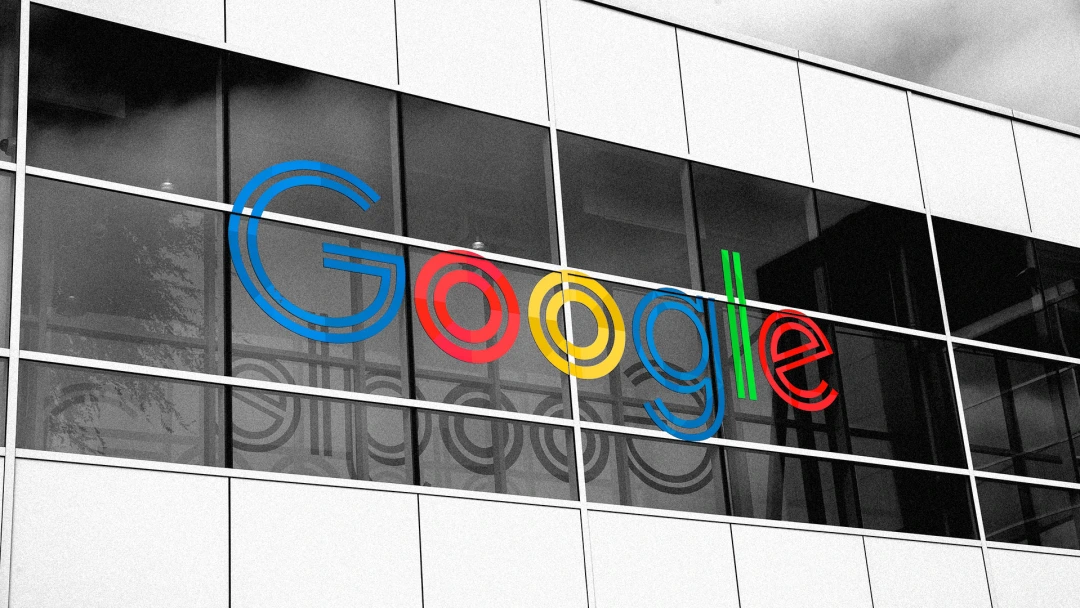











0 تعليقات